Management – Achieving Energy Savings With Lighting Control

How To Save Electricity With Smart Systems And Procedures? Saving Electricity in the Guest Room For new hotel construction, choose ...
Read more
Security – 10 Safety Rules When Working With Electricity
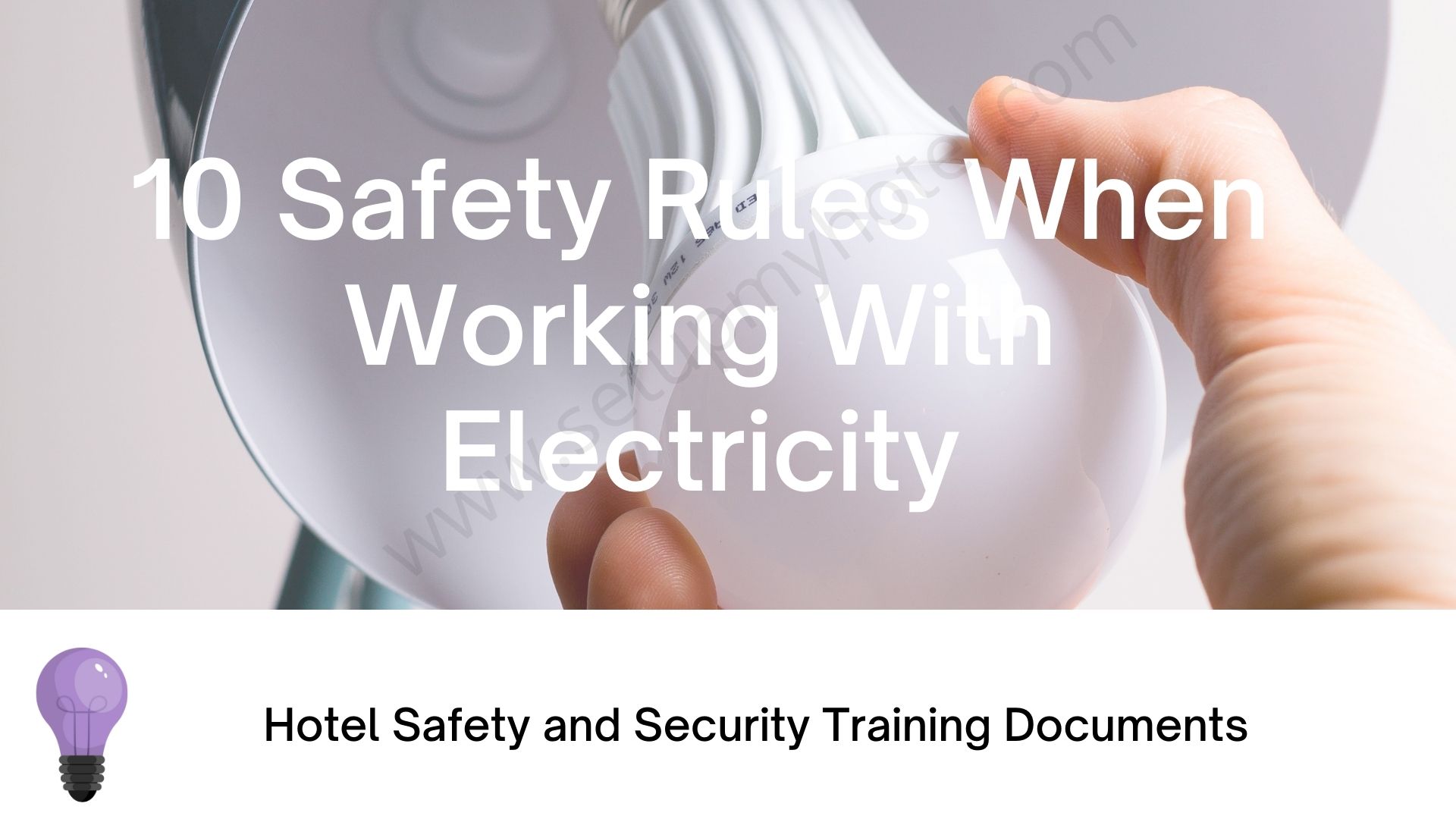
10 Safety Rules When Working With Electricity 1. When you’ve turned off a circuit breaker to work on a piece ...
Read more
Swimming Pool Life Guard / Pool Attendant Job Description
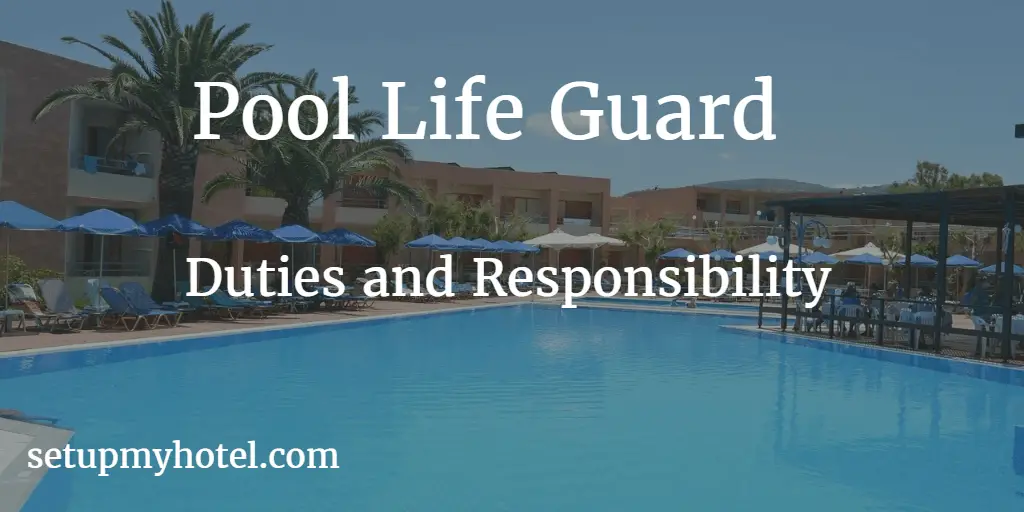
Job Description, Duties, Interview Questions and Salary for Pool Life Guard As a Pool Life Guard, your primary responsibility is ...
Read more
29 Duties And Responsibility Of Shift Engineer / Shift Technician
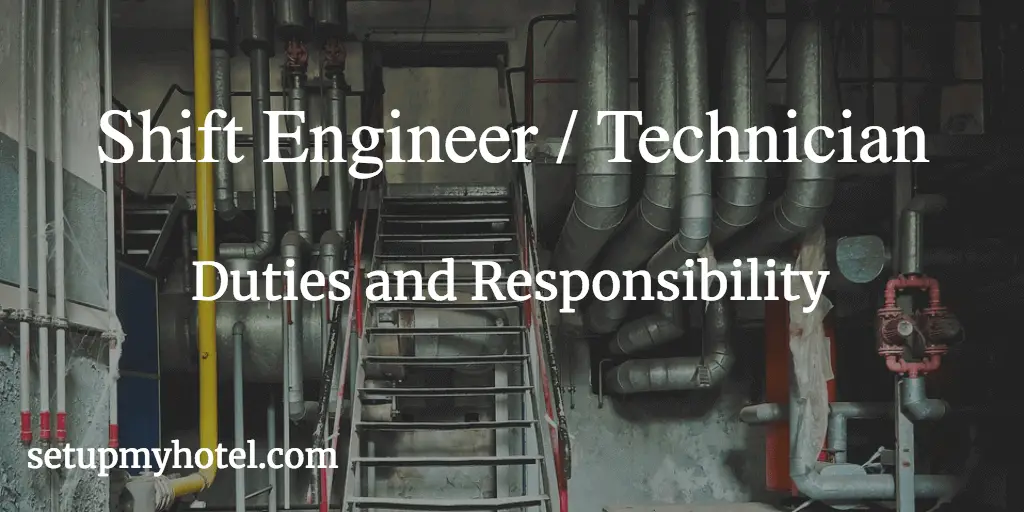
Job Description, Duties, Interview Questions and Salary for Shift Engineer in Hotels As a Shift Engineer in a hotel, you ...
Read more
25 Duties And Responsibility Assistant Manager Engineering | Maintenance
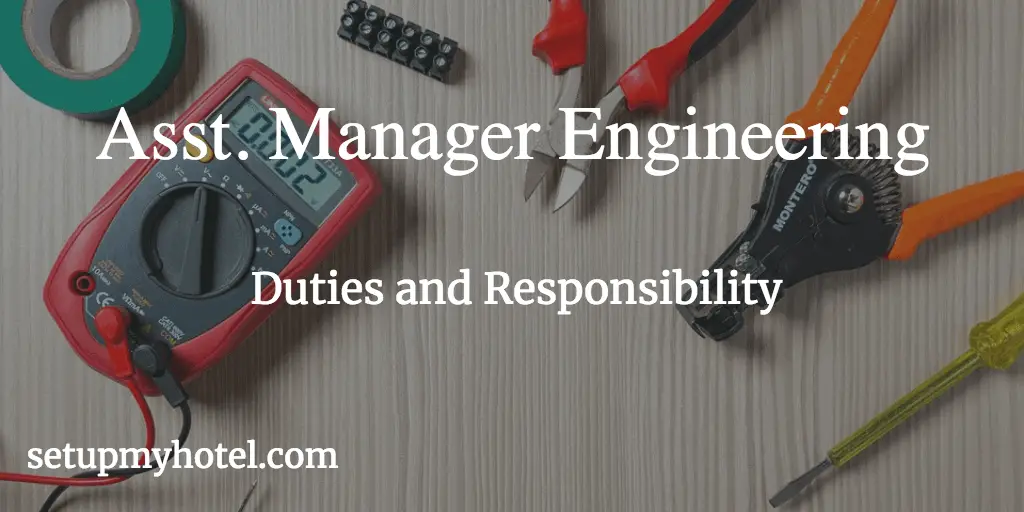
Job Description, Duties, Interview Questions and Salary for Assistant Manager Engineering In Hotels The Assistant Manager Engineering plays a critical ...
Read more
17 Duties And Responsibility Painter / Polisher – Engineering | Maintenance

Job Description, Duties, Interview Questions and Salary for Painter and Polisher Position in Hotel Engineering A painter and polisher in ...
Read more
Hotel Maintenance Technician / Handyman / Shift Operator – Job Description
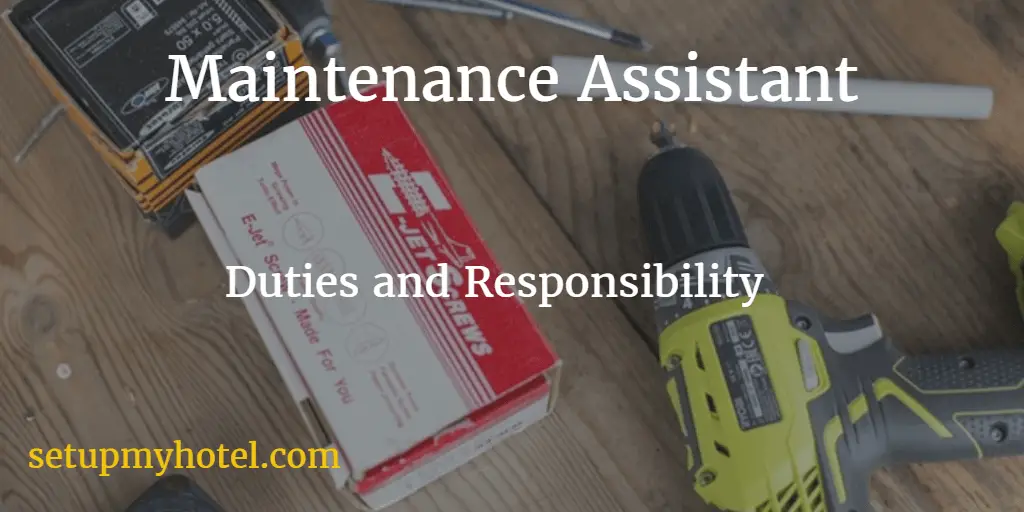
Job Description, Duties, Interview Questions and Salary for Maintenance Technician in hotels As a Maintenance Technician in hotels, your primary ...
Read more
SOP – Engineering – Checklist – Guest Room Preventive Maintenance

Guest Room Preventive Maintenance Preventive maintenance is essential in ensuring that hotel guest rooms are always in top condition. It ...
Read more
SOP – Engineering – Equipment Maintenance and Repair Standard
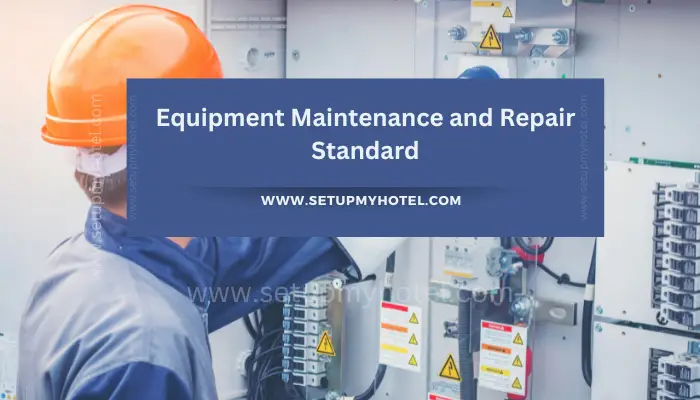
Standard Operating Procedure for Engineering – Equipment Maintenance and Repair Standard 1. Purpose: Clearly state the purpose of the Equipment ...
Read more
Kitchen Equipments Maintenance Tips For Chefs
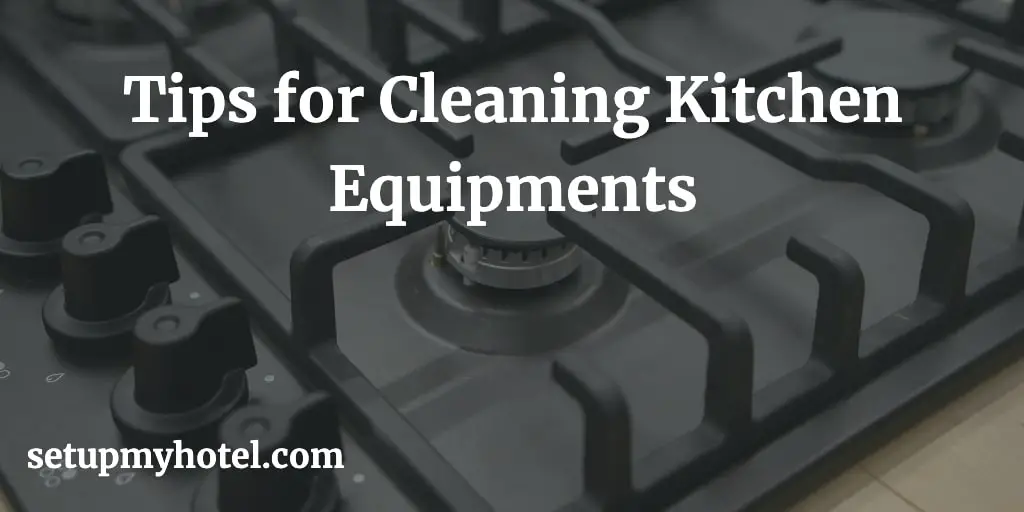
Maintenance Tips for Kitchen Equipment Keeping your kitchen equipment in good working order is essential to ensure that your restaurant ...
Read more









